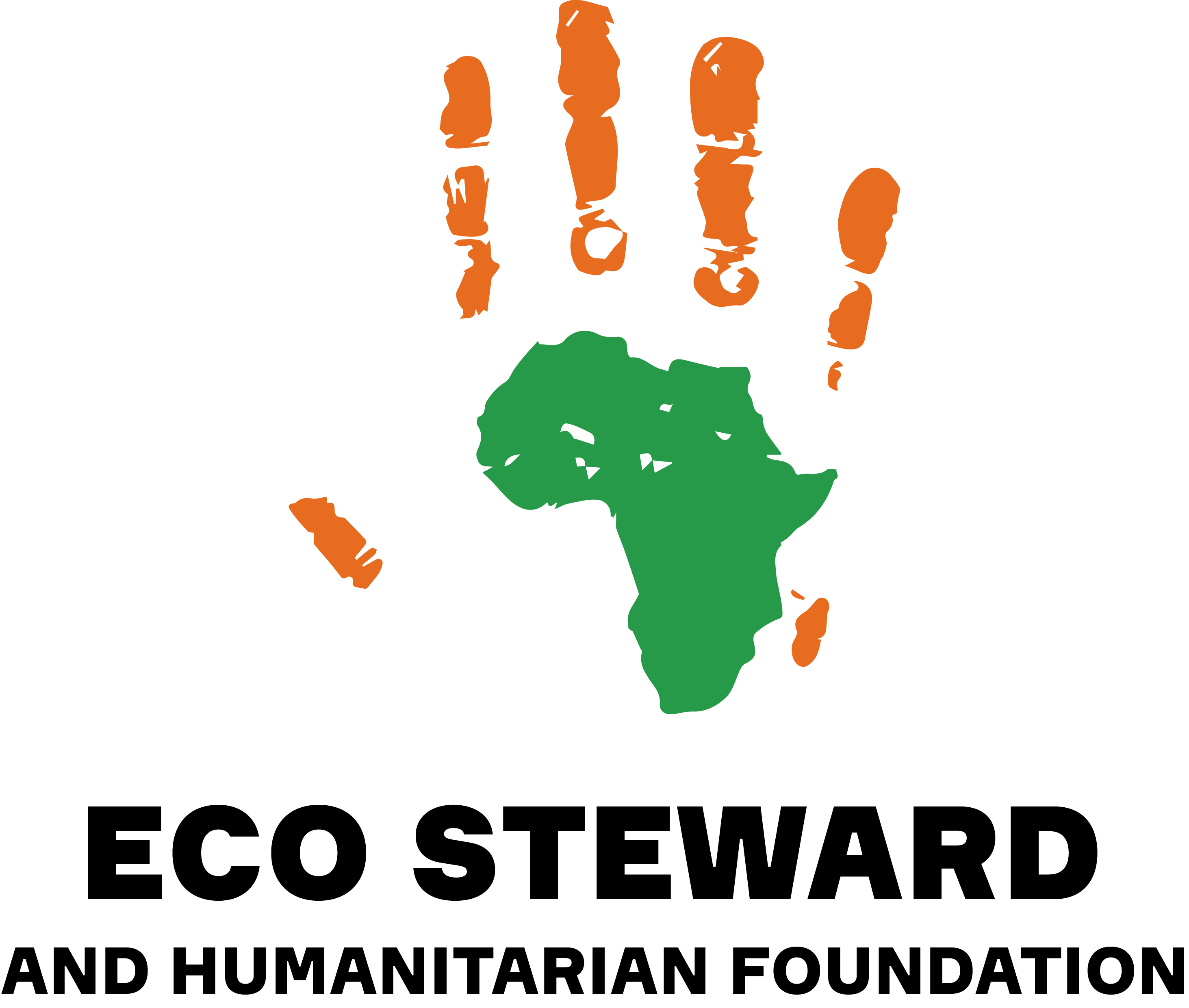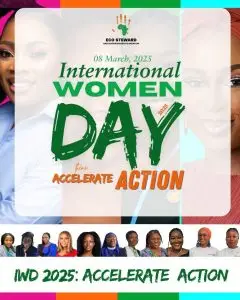2025 International Women’s Day: A Solidarity Statement from Ecosteward and Humanitarian Foundation (EHF) to Women Worldwide. Written by Idiang Ime Magdalene.
On this International Women’s Day, Ecosteward and Humanitarian Foundation (EHF) stands in unwavering solidarity with women across the globe. As a humanitarian organization, our political commitment at this critical time is rooted in the struggle against social, political, environmental, sexual, and class oppression. We recognize that these systems of oppression are interconnected, and our mission is to foster integrated actions to dismantle these interlocking structures.
We unequivocally support women’s movements as vital political forces combating the manifold injustices that women endure globally. Today, the material reality of women is marked by pervasive violence — including femicide, gender-based violence, sexual exploitation, institutional repression, denial of rights, lack of access to education, property, and reproductive healthcare, and economic precarity. Our fight for justice is fundamentally a struggle against all forms of violence and exploitation that women face.
Women are already at the forefront of climate solutions as farmers, activists, scientists, and policymakers in their communities. However, systemic barriers — including inadequate funding, exclusion from policymaking processes, and patriarchal socio-political structures — continue to undermine their impact. Climate adaptation plans that disregard gender dynamics risk exacerbating inequalities, leaving millions of women more vulnerable to displacement, food insecurity, and economic marginalization. Without urgent action, the climate crisis will not only deepen poverty and instability but also reverse hard-won gains in gender equality.
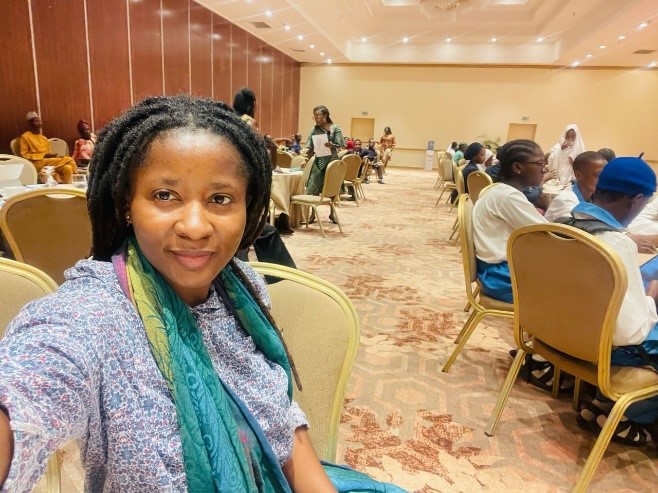
Idiang Ime Magdalene Gender Justice specialist EHF
“From our work across the African continent, we have witnessed how women disproportionately bear the burden of the climate and ecological crisis, a crisis to which they have contributed the least. Yet, they continue to propose and practice alternative models of production, community relations, and interdependence with Nature. These living alternatives, seen in how women produce, exchange, care for, and regenerate natural resources, are the backbone of sustainable futures, offering a stark contrast to the destructive extractivist model”, Idiang Ime Magdalene Gender Justice specialist, affirms.

Highlighting the pivotal role of women in environmental sustainability, Margaret Chidinma Bartholomew, EHF Team Member noted, “Women are not just disproportionately affected by environmental challenges — they are leaders in sustainability, driving innovative solutions in agriculture, energy, and policy. The African ecofeminist movement connects the struggles against imperialist ideologies that disrupt indigenous cultures with the fight for climate justice and energy sovereignty. Women are leading decentralized, community-controlled renewable energy projects that offer a path toward a fossil fuel-free future.”
This year’s International Women’s Day theme, “Accelerate Actions”, is a clarion call to accelerate women’s land rights. Providing rural women with access to land, credit, seeds, and agricultural tools is the fastest way to end hunger. When women farmers are supported, entire communities thrive, children are educated, and rural development is accelerated. It is a call to accelerate digital inclusion and rights. Disinformation and misinformation on social media disproportionately target women and suppress their political participation.
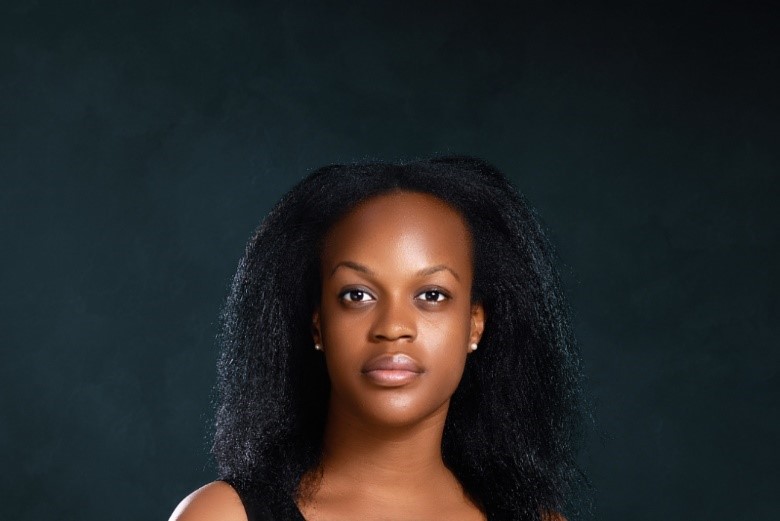
Ifebuchechukwu Francisca Edeh, emphasizes, digital inclusion, digital rights protection, and capacity building on digital technologies must be prioritized to enable women to counter disinformation and amplify their voices. It is a call to accelerate women’s leadership in climate action. Gender-responsive budgeting for climate initiatives must become a priority for Nigeria and African nations. Women-led projects require adequate funding and institutional support, with women’s voices placed at the center of climate decision-making — not relegated to the margins.

Blessing Akan, Girl Child Advocate at EHF, reminds us: “Women have always been at the forefront of change — breaking barriers in politics, science, business, and social activism. From Malala Yousafzai to Ngozi Okonjo-Iweala, from Michelle Obama to Wangari Maathai, women continue to redefine leadership and resilience.”
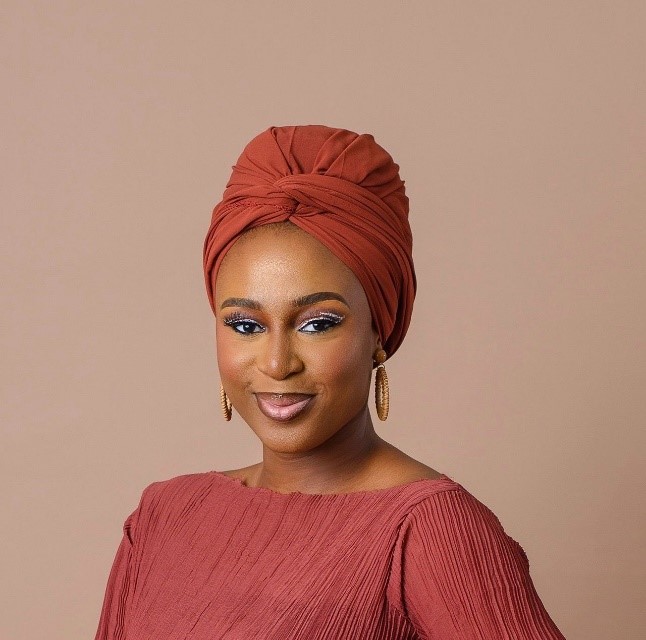
Ameedat Abdulsalam, Project Lead at EHF, adds: “To accelerate action means dismantling exclusionary structures and investing in the power of women to lead climate resilience. The time for rhetoric has passed — now is the time to fund, support, and amplify women’s leadership.”
As African women working for justice across the continent, we are painfully aware of how women’s contributions remain underrecognized. Yet, we continue to organize, share knowledge, and build collective alternatives. Last month, we held an energy transition workshop. This month, we are strategizing for tighter collaborations. Next month, we will meet with women farmers to ground our knowledge on agroecology as an anti-capitalist pathway toward food sovereignty.
Our work is sustained by deep love and solidarity with ourselves, our sisters, our brothers, our communities, and our partners. This love allows us to continue the struggle, to dismantle systems of oppression and build new worlds where women lead the fight for justice, equality, and sustainability.
Together, we accelerate actions for justice, climate resilience, and women’s liberation.
Happy International Women’s Day!
